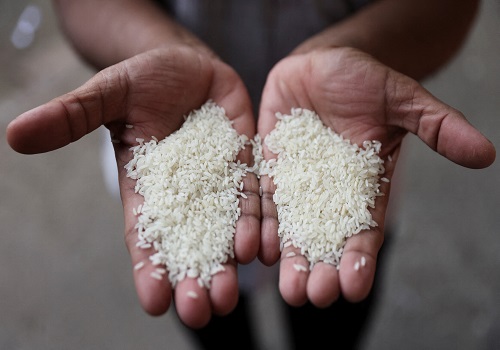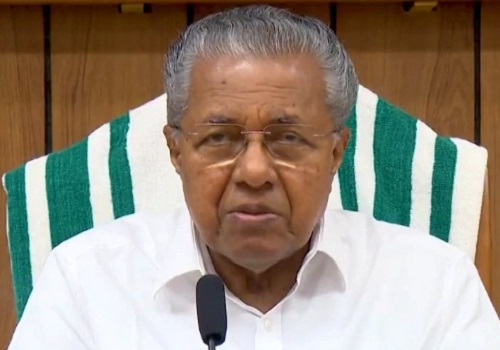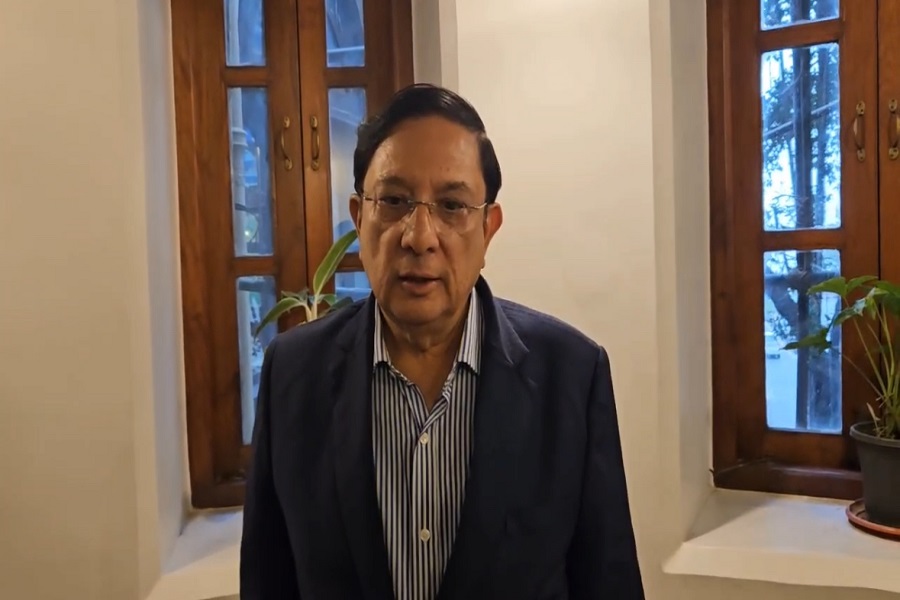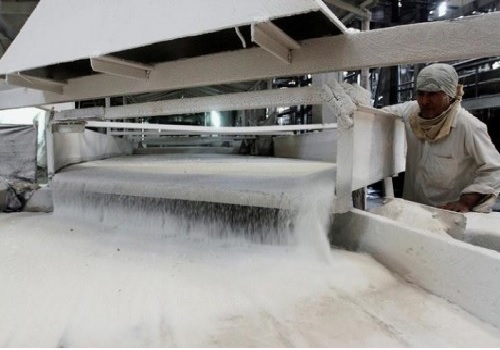India`s Rice Stocks Surge to Record High Amid Export Curbs by Amit Gupta, Kedia Advisory

India's rice inventories have soared to a record 29.7 million tons, nearly three times the government target. This surge follows recent export curbs that have increased domestic supplies, leaving India with ample stocks. The country’s Food Corporation of India (FCI) is now facing storage challenges as the new crop arrives, adding to the existing inventory. This bumper stock offers India the potential to boost rice exports without straining local supply. However, storage delays have impacted farmers, especially in Punjab and Haryana, who are incurring losses and waiting in crowded wholesale markets with unsold produce. Lifting export restrictions could help ease the burden on storage facilities and farmers.
Key Highlights
* India's rice inventory hits a record 29.7 million tons, tripling the target.
* Export curbs over two years increased local supplies to record levels.
* Rice production surged with a 120 million-ton crop this summer season.
* Storage limitations are causing delays and losses for farmers.
* Potential export relaxation could ease government storage pressure.
India’s rice inventories have surged to a record 29.7 million metric tons, marking an extraordinary rise that nearly triples the government’s target. Prices have been steady domestically, with ample reserves following two years of export restrictions. These restrictions boosted local availability, preventing a significant rise in domestic rice prices while securing food reserves. Currently, India’s Food Corporation of India (FCI) is managing significant volumes of stockpiled rice, driven by this year's record harvest of 120 million tons from the summer season, which produces 85% of the country’s rice.
The price performance has remained stable amid these strong production and storage levels, providing India the leverage to consider increased exports without risking domestic supply. Concerns, however, have surfaced due to logistical bottlenecks at wholesale grain markets. Farmers from states like Punjab and Haryana report storage delays, with rice shipments facing prolonged wait times due to FCI’s slowed procurement process. As farmers wait with loaded tractors, the delay not only incurs costs but also risks quality deterioration.
The recent monsoon also played a role, allowing for an expanded rice planting area. Despite these favorable conditions, farmers have been financially affected by extended delays at the markets, which add to their costs and disrupt income stability. Experts, including exporter B.V. Krishna Rao, suggest that lifting some of the export restrictions could alleviate FCI's storage burden and boost exports, providing timely support to both the government and farmers.
Finally
India’s rice stockpile surge offers export potential but storage constraints impact farmers; lifting export curbs could balance supply and market needs.
Above views are of the author and not of the website kindly read disclaimer
























